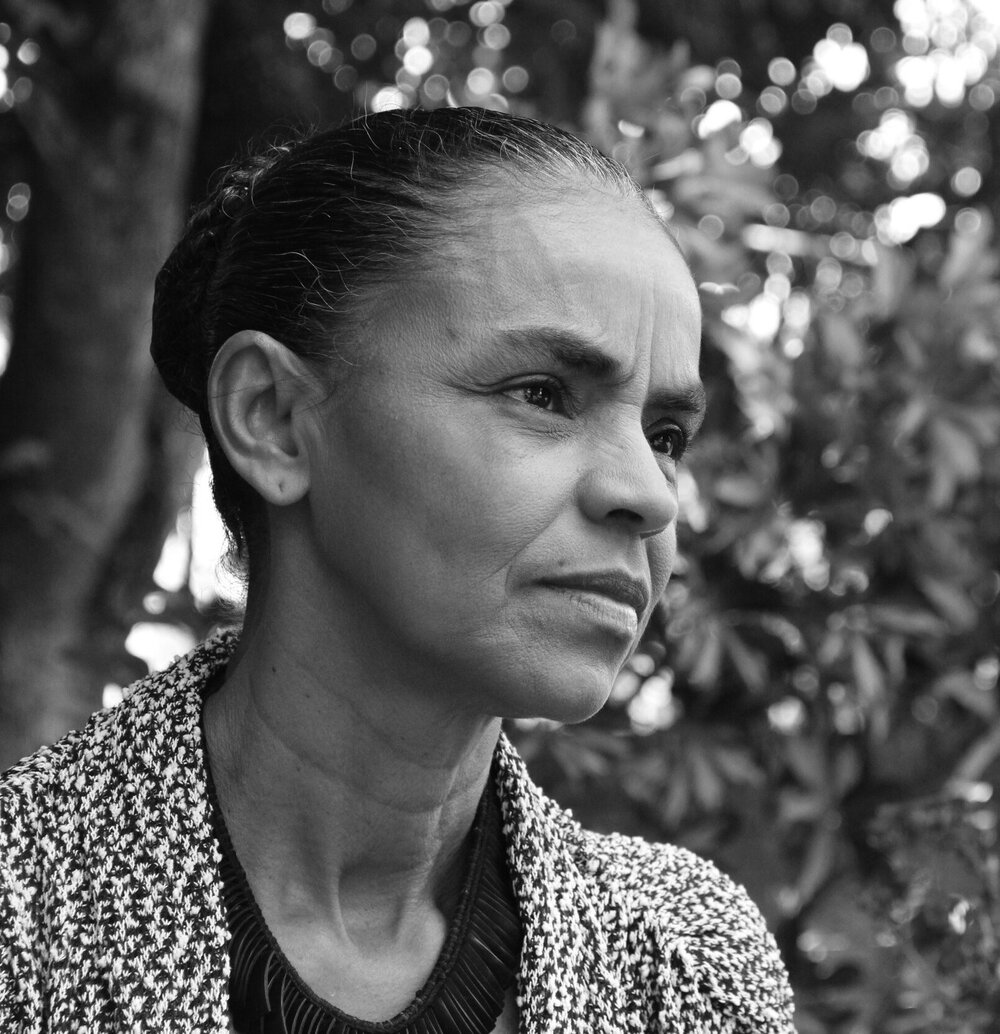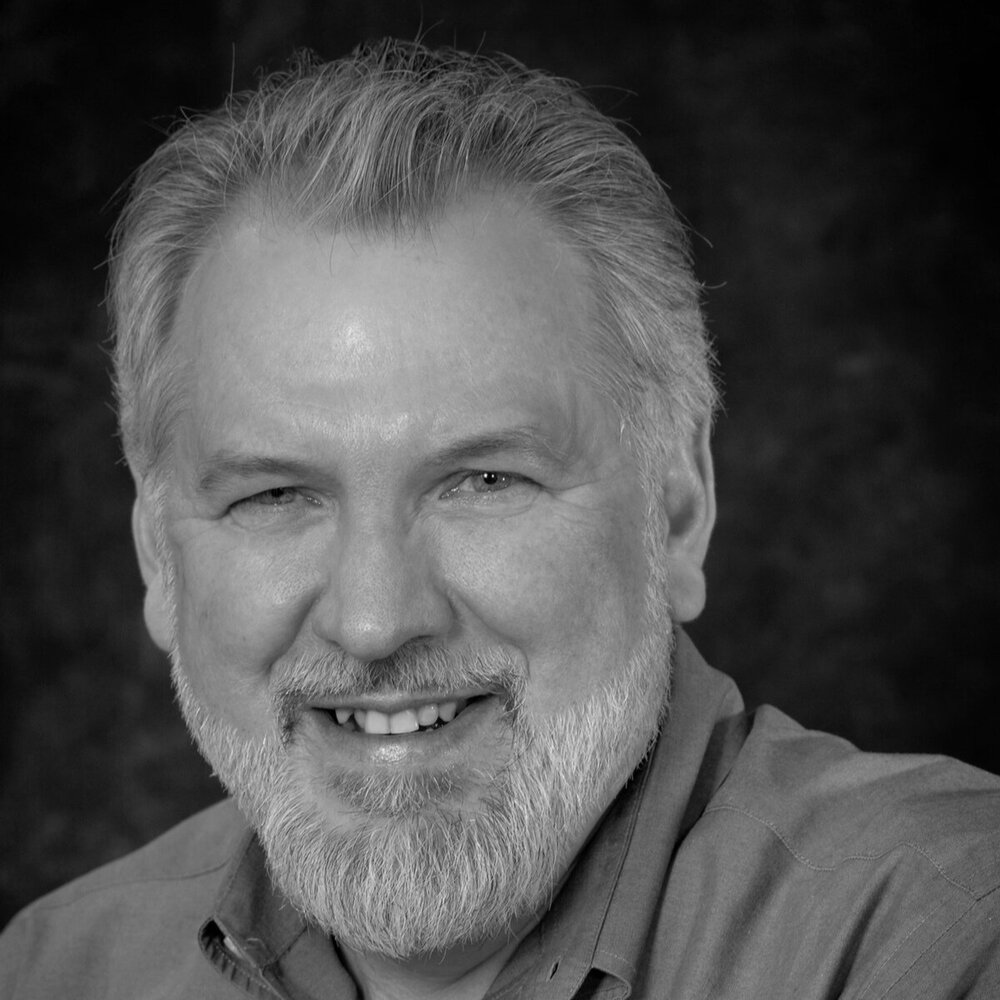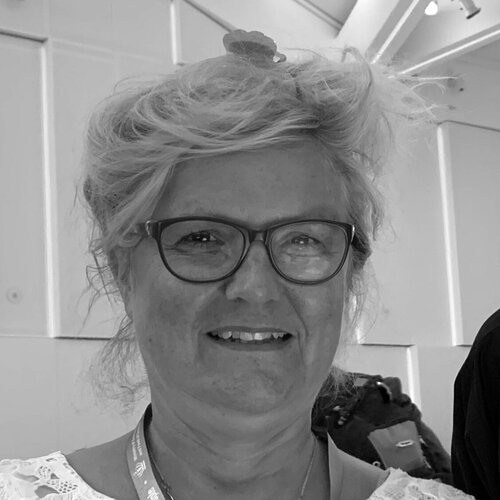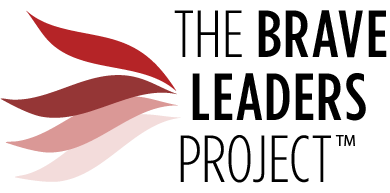Want to Have a Lasting Impact? Here’s the One Trait That Will Make the Difference
What’s the difference between having a great idea, or even fighting for it, and actually having an impact? The answer can perhaps be found in one word: Perseverance.
When we consider the legacy of some of history’s greatest icons – Gandhi, Mandela, Rosa Parks – there is (at least) one thing they all have in common: They challenged a system – a status quo – that had been in place for a very long time. As a result, the things they fought for shared two common characteristics:
They took a long time to achieve
They met with a lot of resistance
If Gandhi, Mandela, or Martin Luther King had given up the first time they were thrown in jail, we wouldn’t be talking about them right now – and the world might look very different today. Instead, they persevered.

Perseverance, made up of a combination of patience and the ability to deal with failure and resistance, is what ensures that lasting legacy. It is therefore one of the Four Universal Traits of Brave Leaders, and a crucial one for anyone who wishes to have an impact, no matter how large or small your cause may be.
Even though we might not set out to change the world, all of us, at some point in our lives, are likely to challenge the status quo around us. We may disagree with some of our company’s procedures and decide to challenge them. We may pursue an innovation that no one else believes in. Or we may decide to not become a doctor, against our parents’ wishes.
In each of these situations, and many like them, perseverance will be required. Our objective may take a long time to achieve, and we can expect to run into pushback and resistance along the way. Whether we will succeed or not will depend on many factors, but one of the most crucial ones will be our own ability to persevere.
So what does this perseverance look like, and how can we cultivate it?
Perseverance in Perspective

For our book, Brave Leaders, Finding The Guts To Make Meaningful & Lasting Change, we interviewed many people who spent several decades fighting for their cause. Among them is Marina Silva, a grassroots activist and rainforest defender, who ended up becoming Brazil’s former minister of the environment. In Brave Leaders, she speaks about the crucial role perseverance plays in being able to achieve a better future:
“When I was young, I followed the news about Nelson Mandela’s efforts against the state of apartheid in South Africa. I saw similarities with other leaders like Martin Luther King, who fought against racial discrimination. These stories taught me that failure is part of the fight and struggle for progress.
“For instance, when I was at the Ministry of Environment […] we were successful in reducing deforestation by 80 percent in ten years. However, at the same time, I suffered tremendous pressure from the Brazilian government to revoke the measures we were implementing.
“The day I resigned, a journalist asked me, ‘How will you face this defeat?’ I thought about Mandela, staying all those years in a prison and then carrying on fighting and abolishing apartheid. I answered, ‘Defeat and triumph are only measured in history. To be able to even measure triumph and defeat, we need to persist.’ Hence, for me, we don’t need to be pessimistic or optimistic regarding the causes we believe in. What we really need is to be persistent.”
Even when we’re not trying to protect the Amazon or otherwise trying to change the world, we are still likely to face resistance when we stand up for something we believe in. In Brave Leaders, entrepreneur and academic Edward G. Happ describes the importance of perseverance in our everyday work:
“Never accept the first no or the second no. […] The worst thing is to say that just because you have somebody in authority who says, ‘No, we’re not doing that, we can’t do that,’ that is the end of the discussion. Have the courage to persist and to continue in the face of all the nos. When I have heard ninety nos, I know I’m that much closer to a yes. Hang on for five minutes longer!”
How to Cultivate Perseverance and Handle Pushback

The stories in Brave Leaders offer many approaches on how to persevere in the face of resistance and even failure. Here are five of them:
Remind yourself why you are doing this. As Marina Silva said, “If we want meaningful change to happen, we have to understand that it takes some time.” Her personal reason for continuing to fight, despite setbacks? “I have a commitment and a bond with the future to leave something good to those who will come after us.”
Take inspiration from a personal role model. In Marina Silva’s case, people like Nelson Mandela and Martin Luther King inspired her with their perseverance. When you are struggling, who are your role models? Whom do you draw strength or inspiration from?
Find people who have an incentive to be on your side. When landscape architect Kongjian Yu returned to China after being educated in the United States, it took many years for his ideas to be accepted. But as he told us, “Eventually people had to listen.” One of the keys in his success was that he managed to find audiences who had an incentive to listen to his ideas about ecological organization. Rather than continuing to try to convince other architects of his ideas, he decided to focus on mayors instead, because, as he said, “mayors have more awareness about the global environmental crisis. They have more hands-on experience and are enthusiastic about new approaches to urban planning.” Keep in mind that sometimes, our allies are not immediately obvious.
Keep sowing seeds. One of the mayors who took on Kongjian Yu’s ideas ended up becoming China’s minister of rural and urban government. As Yu said, “It is through him that ecological planning is on the national agenda.” This sort of thing is not at all uncommon. Keep finding willing ears for your ideas, even if it make take years for them to become a (more) meaningful ally.
Seek out people who like what you’re doing. Pushback often comes not just from our professional environment, but from our personal environment as well. Tina Lindgreen, who gave up her executive coaching business in order to do humanitarian work, says in Brave Leaders: “They would say, ‘Why on earth are you giving your business up? You’re doing so well.’ […] I lost all my support! My family thinks it’s kind of crazy.” This kind of situation can be extremely challenging, and make us wonder whether we should continue on our path. Therefore, it’s important to seek out people in our personal environment who do believe in what we do. As Tina Lindgreen said: “Now I spend time with people who acknowledge what I’m doing, who see what I’m doing, who see the courage I have to invest, and who support, appreciate, and understand my effort.”
Want to learn more about the Four Universal Traits of Brave Leaders? Find our book, Brave Leaders, Finding The Guts To Make Meaningful & Lasting Change, here, or check out our Brave Leaders Training options.
